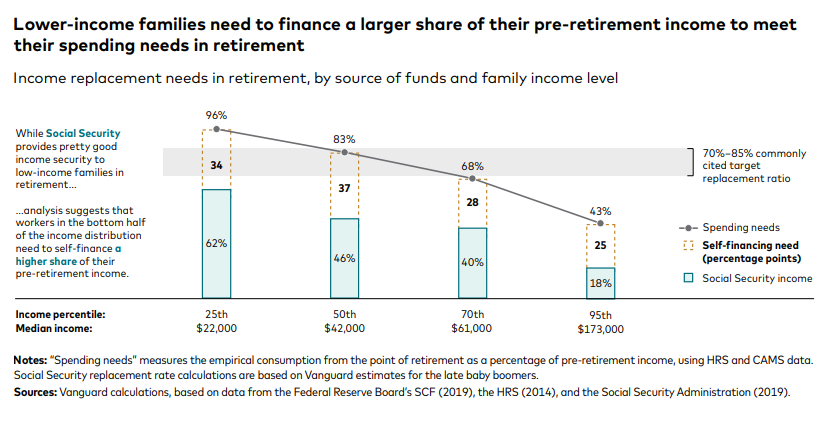Blog

Imagine having your own personal bank. A bank where you’re the depositor, the borrower, and even the lender. Sounds too good to be true, right? Well, this concept is very real and incredibly powerful. It’s called Infinite Banking, and it’s made possible by something called a cash value life insurance policy.
Now, don’t worry—if you’re not familiar with financial jargon, I’m going to break it down for you in simple terms.

The 401(k) plan, a familiar term in American retirement planning, has undergone significant changes since its inception. While it’s known for helping employees save for retirement, there's more to its story. This article aims to unpack the various aspects of 401(k) plans, examining the roles of fees, employer contributions, government taxation, and more.

Who said retirement was supposed to be a countdown to just sipping lemonade on the porch? In today's fast-paced world, it's about so much more. It's travel, leisure, hobbies, and yes, even those unexpected costs that sneak up on us. Traditional views of retirement savings? They're evolving, and it's high time we step into the new age of planning for those golden years.

The process of purchasing life insurance essentially involves transferring risk from you to an insurance company. You're passing off the risk of your life, income, and the financial well-being of your loved ones being impacted by your death, critical injury, terminal illness, or chronic illness to the insurance company. In return, if the unfortunate event covered by your policy occurs, the insurance company steps in to provide financial compensation as agreed upon in your policy. This financial safety net ensures that your family's financial future remains secure even if you're no longer there to provide for them.

Last week a friend reached out to me for assistance in setting up a crowdfunding campaign on GoFundMe for a local family. The sudden demise of the breadwinner - a father of two young children - had left the family in a financially precarious situation, as the mother had been caring full-time for their young children.
To understand the situation better, I delved into the world of crowdfunding campaigns.

In a healthcare landscape driven by corporate profits, it can be daunting to work out how to reclaim control of our healthcare spending and therefore financial security.
By unraveling the traditional healthcare plan into separate components and by going direct to the providers, we can unlock substantial cost savings

In today's job market, a college education is increasingly essential for most career paths.
Employers more often than not require college degrees as a prerequisite for employment. In 2017 less than 34% of jobs could be filled with a high school diploma, down from 75% in the 1970s and this number is continuing to drop. Even professions like firefighting now require a college degree.
The average college graduate will earn an average 75% wage premium over the average high school graduate and earn double the money over their lifetime.

Debt Free LifeR is a proprietary system that combines data science technology, traditional debt payoff methods, and the infinite banking concept to help clients use their money twice to pay off their debts faster and build their retirement nest egg at the same time without spending anything more. Imagine being completely debt free, including your mortgage in just 7-9 years or even less!


